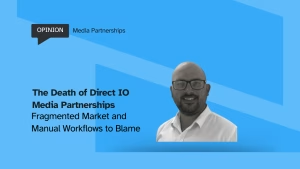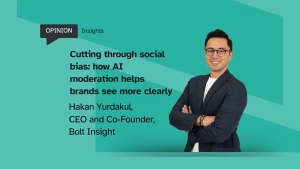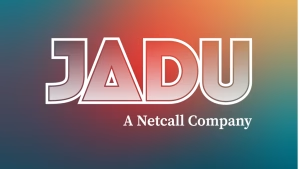By Matthew Ulbrich, CEO and Co-Founder of Tickaroo
It’s been over a year since Facebook’s CEO Mark Zuckerberg first announced his grand plans to develop the Metaverse. While many people probably heard this term for the first time at that moment, the concept of the “metaverse” is not new but first mentioned by Neil Stevenson in his 1992 novel “Snow Crash” where people used digital avatars to escape reality.
Despite that, the world is still far from adequately defining the Metaverse and what it would mean for society. Its pros and cons are already (and rightfully) being scrutinised publicly: on the one hand, it could break down communication barriers, allow people to explore different parts of the world and even perform activities they could only dream of in real life.
However, the Metaverse may also pose a serious risk to vulnerable users due to its lack of regulation, stated data policies and protective measures.
This is especially true in the current world, where disinformation and fake news can be easily spread from one consumer to another. Social media platforms have always been the go-to sources for “fake news” due to their short, sharp and easy-to-digest content delivery, making it extremely hard for the media industry to combat fake news.
In fact, a recent survey found that over 38% of Brits already harbour a lack of trust in the media, with scepticism more prevalent among the younger generation.
The Metaverse can become the catalyst of misinformation.
The Week defines the Metaverse as “an immersive internet experience that lets you replace or augment reality with computerised simulations that strive to be as realistic as possible”. This is where virtual reality can be a problem because it can make distinguishing fact from fiction an increasingly murky endeavour.
Considering over 27% of Brits believe that the future of news is in the Metaverse, media publications and their editorial teams will need to be more alert than ever before, battling to cut through fake news and deliver authentic stories to keep their audiences informed.
Strikingly, the Metaverse has the potential to replace newspapers and TV as news sources in the next five to 10 years, with 75% of Brits already believing that newspapers will have no relevance in the future. Indeed, only 39% of the older generation still use TV as their primary source of news, with most of the younger generation consuming news through their devices.
As younger generations will be the earlier adopters of the Metaverse, media publications must quickly adapt to the new trend and establish their presence to build trust early on.
How can journalists achieve a higher level of trust?
Mistrust comes from a lack of information when people feel they are not being heard. Publications need to listen to their audience and reflect on their opinions. It shouldn’t be about driving a specific agenda; it’s about delivering news that the readers really want to consume. Too often, we read news that is clearly advocating for one side or the other, and I believe that journalism should reflect on various beliefs, hopes and points of view.
As the devastating news about the rising cost of living, the Ukrainian war and the refugee crisis hit the headlines, too little attention is paid to positive news about people doing good in this world. We never receive “breaking news” notifications about communities helping each other or, for example, a person running an animal shelter. Focusing on a variety of topics will give readers the confidence that the media really cares about everyone’s stories and will consequently foster an unbiased culture.
And finally, publications need always to stay relevant. With the rise of TikTok, Insta reels, and shorter news feeds, it’s becoming increasingly harder to capture people’s attention, meaning old communication channels may cease to work without adaptation and transformation.
Editors need to find formats that keep readers engaged and make them pause on the news headline rather than scroll right past it. For example, publications can choose to use liveblogs to engage with their audience through pictures, videos, polls and other information that will appeal to a variety of users.
Today, the news is delivered to us instantly through the phone, whether it’s a push notification from BBC News or a notification pop-up on Facebook when we browse through endless content. The Metaverse will have the potential to deliver stories in any shape or form, with news becoming more targeted based on which “space” you are browsing virtually. But will people be able to be more selective when consuming news in the Metaverse?
Considering it is still an unknown space and has not shared any strict guidelines and laws to abide by, time will only tell how much power fake news will grab in this new, impending universe. Until then, publications have the time and opportunity to break the cycle and build much-needed trust in the media.











